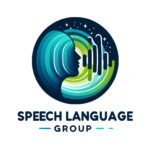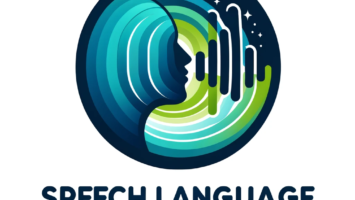PhD defense of Imen Ben-Amor – 25/04/2024
Lieu: Centre d’Enseignement et de Recherche en Informatique (CERI), Amphi ADA – 339 Chemin des Meinajaries, CERI, 84000 Avignon. You can also attend the defense via video conference, using this link . You can fin the slides here. The jury members are the following: Pr. Tomi KINNUNEN, University of Eastern Finland – RapporteurPr. Alessandro VINCIARELLI, University of Glasgow – RapporteurPr. Tanja SCHULTZ, University Bremen- ExaminatricePr. Didier MEUWLY, Netherlands Forensic Institute, University of Twente- ExaminateurPr. Corinne FREDOUILLE, LIA, Université d’Avignon- ExaminatricePr. JEAN-FRANCOIS BONASTRE, Inria, LIA, Université d’Avignon – Directeur de thèse TITLE: Deep modeling based on voice attributes for explainable speaker recognition. Application in the forensic domain. Abstract:Automatic speaker recognition (ASpR) has been integrated into critical applications, ranging from customised assistant services to security systems and forensic investigations. It aims to automatically determine whether two voice samples originate from the same speaker. These systems primarily rely on complex deep neural networks (DNN) and present their results by a single value. Despite the high performance demonstrated by DNN-based ASpR systems, they struggle to provide transparent insights into the nature of speech representations, its encoding, and its use in decision-making process. This lack of transparency presents significant challenges in addressing ethical and legal Plus d'infos


